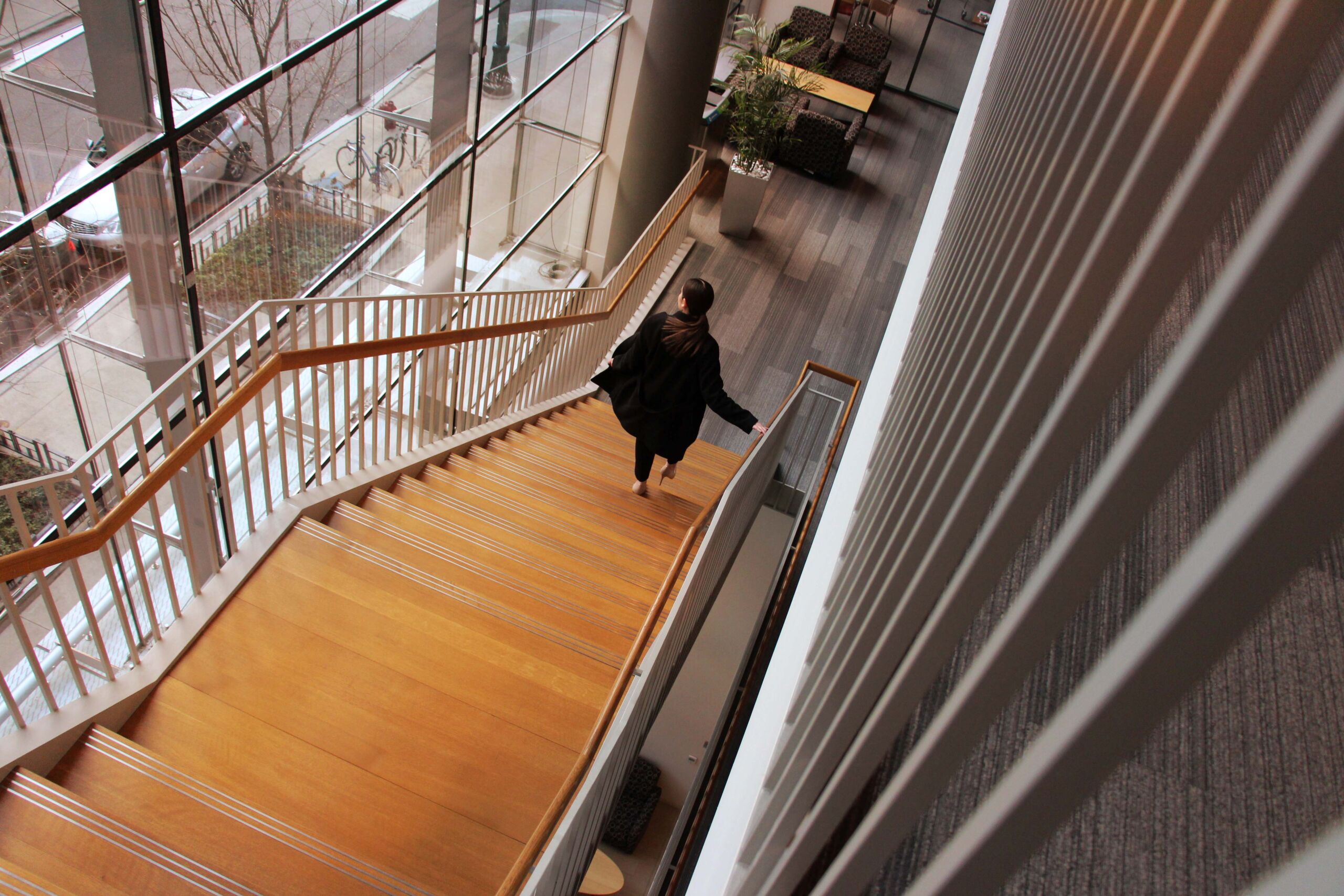Most people assume that going to the emergency room is a straightforward decision—you get hurt, you feel sick, you go to the ER. But for a growing number of older adults, multiple ER visits are triggering something unexpected: scrutiny. Hospitals across the country are quietly flagging seniors who return frequently, sometimes altering the kind of care they receive, influencing how their records are viewed, and in some cases, reshaping access to future treatment. This trend is quietly reshaping the landscape of elder care, and not necessarily for the better.
While some repeat visits are a sign of serious underlying health issues, others are the byproduct of systemic failures—lack of access to primary care, poor care coordination, or worsening mental health conditions. Instead of addressing those root causes, however, some hospital systems are responding by labeling these seniors as “frequent flyers,” a term that, in practice, can lead to reduced attention, longer wait times, or even assumptions that the visits are unnecessary.
Behind the scenes, these ER flags can have ripple effects far beyond the hospital doors.
Why Emergency Rooms Are Flagging Repeat Senior Visitors
The Rise of “Frequent Flyer” Flags in ER Systems
Emergency rooms are under pressure—overcrowded, understaffed, and increasingly stretched thin. In an effort to prioritize critical cases and reduce strain, many hospitals have implemented tracking systems that monitor patterns of ER use. When a patient, especially a senior, visits the ER more than a certain number of times in a month or quarter, their profile may be flagged in the system.
This flag is intended to identify high-need patients, but in reality, it often leads to assumptions that the visits are inappropriate or avoidable. Once labeled, patients may receive a different level of scrutiny when they check in, and their symptoms may be dismissed or second-guessed.
For seniors who suffer from chronic conditions, mobility issues, or who don’t have reliable access to a regular physician, the ER can seem like the only consistent option. But the system doesn’t always distinguish between need and perceived overuse.
Why Seniors Are Returning to the ER So Often
There are several reasons older adults return to emergency rooms more frequently than younger populations, and most of them aren’t frivolous. Many seniors live with multiple chronic conditions that flare up unpredictably: heart failure, COPD, diabetes, arthritis, or complications from medications. A minor symptom for a younger adult could signal a life-threatening emergency in someone over 70.
Then there’s the issue of fragmented care. Primary care doctors may not be available for same-day appointments. Specialists may have waiting lists weeks long. Transportation barriers, cognitive decline, and caregiver shortages all add to the problem.
Mental health also plays a significant role. Seniors suffering from depression, isolation, or dementia may not communicate their needs clearly. In some cases, they visit the ER not just for physical symptoms, but because it’s the only place where someone will listen. When these factors intersect, frequent ER visits become almost inevitable—not a sign of misuse, but of unmet medical and emotional needs.
The Hidden Consequences of Being Flagged
Being flagged in an ER system doesn’t come with a formal notification. Most seniors have no idea it’s happened. But behind the scenes, it can subtly shift how they’re treated.
Staff may interpret symptoms through the lens of previous visits, assuming exaggeration or unnecessary concern. Wait times might grow longer. Physicians may be quicker to discharge. In some cases, the hospital may even call in a caseworker or recommend outpatient resources—an action that can feel like being redirected rather than helped.
There are also financial consequences. Medicare and private insurers are increasingly looking at ER usage patterns. Repeat visits can trigger audits, raise questions about the necessity of services, or lead to denied claims. This can leave seniors with unexpected bills or insurance challenges they’re ill-prepared to handle.
Even more concerning, frequent ER visits can be used to justify reduced in-home support or long-term care placement—decisions that reshape a senior’s entire living situation.
ER Use Is Not Always a Choice
It’s easy to assume that frequent ER visits reflect a lack of judgment. But many seniors simply don’t have alternatives. When a frail senior feels shortness of breath at 2 a.m., what are their options? Call their primary care doctor, who won’t answer? Wait it out and risk collapse? Or go to the ER, where at least there’s someone on the other side of the door?
Telemedicine, nurse hotlines, and urgent care centers have their place, but for an older person with a complex history, the ER feels like the safest option, even if that means going again and again.
Hospitals flag frequent users in part to protect their systems, but if those same systems can’t offer a viable alternative, they’re punishing people for reacting to a broken setup.
What Seniors and Caregivers Can Do
If you or a loved one has been to the ER multiple times recently, it’s worth taking a proactive approach:
Request care coordination: Many hospitals have case managers or social workers who can help you set up follow-up care or connect you with community support.
Keep a medical summary handy: Bring a list of medications, diagnoses, and recent test results to each ER visit. This can help reduce redundant testing and clarify why you’re there.
Communicate clearly: Let staff know this isn’t about “overuse,” but about lack of access elsewhere. Ask about what follow-up options they can offer.
Explore home health options: Depending on your Medicare plan, you may qualify for in-home visits that can reduce the need for emergency care.
Talk to your primary care physician: If you’re having trouble getting timely appointments, raise the issue. Some clinics offer extended hours or urgent same-day spots for seniors.
Taking control of your care narrative can help push back against the subtle bias that flags create.
The Bigger Issue: A Healthcare System Unprepared for Aging
The rise in flagged senior ER users isn’t just about hospital efficiency. It’s a sign of a broader failure to prepare for an aging population. More Americans are entering their 70s and 80s than ever before, and the infrastructure to care for them hasn’t kept pace.
Primary care shortages, lack of geriatric specialists, and insufficient home care funding have all contributed to a crisis where the emergency room becomes the default—and then penalizes those who use it too much.
Until the healthcare system becomes more senior-centric, older adults will continue turning to the ER—and getting flagged for doing so. It’s a vicious cycle that harms the very people the system is supposed to protect.
Fixing A Broken System
Frequent ER visits by seniors aren’t a nuisance. They’re a cry for help. But instead of responding with more care, the system often responds with suspicion. Hospital flags may be intended as tools for managing resources, but for vulnerable seniors, they can feel like a quiet punishment for being sick too often.
It’s time to ask better questions: Why are seniors coming back to the ER? What support are they missing? And how can we change the system so that urgent care doesn’t become the only care?
Have you or a loved one been flagged for frequent ER use? What was your experience like, and what do you wish the healthcare system better understood?
Read More:
Why Seniors Are Refusing Prescriptions Their Doctors Still Push
6 Medical Devices Seniors Still Trust But Doctors Warn Against



























